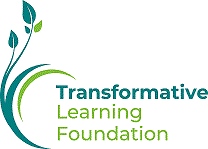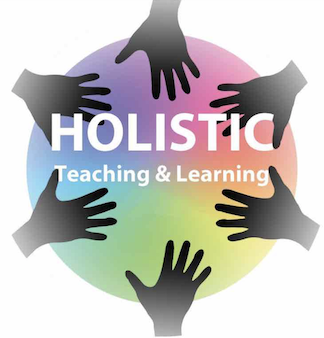Towards A Post-Secular Educational Paradigm: Contextualizing James Macdonald’s 1974 Transcendental Ideology of Education in 2021
Abstract
Most current educational systems are reflections of modern secular consciousness, characterized by rationality, individualism and rejection of religious/spiritual consciousness or insistence on its separation from public life. It assumes that rational thinking develops in stages and that “more developed” is better than “less developed” in individuals and cultures. A rising post-modern consciousness asserts that many modernist assumptions are flawed and leading to an overdeveloped materialistic trajectory. It questions modernism’s dependency on objectivist rationality by also valuing subjective ways of knowing and suggesting that accepted “reality” is socially constructed. It also rejects both scientific and religious truth claims, negating views that posit an ultimate ground of being. The post-secular suggests that scientific and religious/spiritual consciousness can be reconciled; they operate at different levels of cognition. It implies that young people have a right to study and discuss diverse religious beliefs and to learn about spiritual and contemplative ways of knowing. James Macdonald’s 1974 publication, “A Transcendental Developmental Ideology of Education” is an example of a post-secular curricular framework. It posits “centering” in self and world, resulting in both personal enlightenment and social justice. This article reflects on it from a 2021 post-secular vantage point.
Downloads
Published
Versions
- 2021-11-14 (2)
- 2021-11-14 (1)





